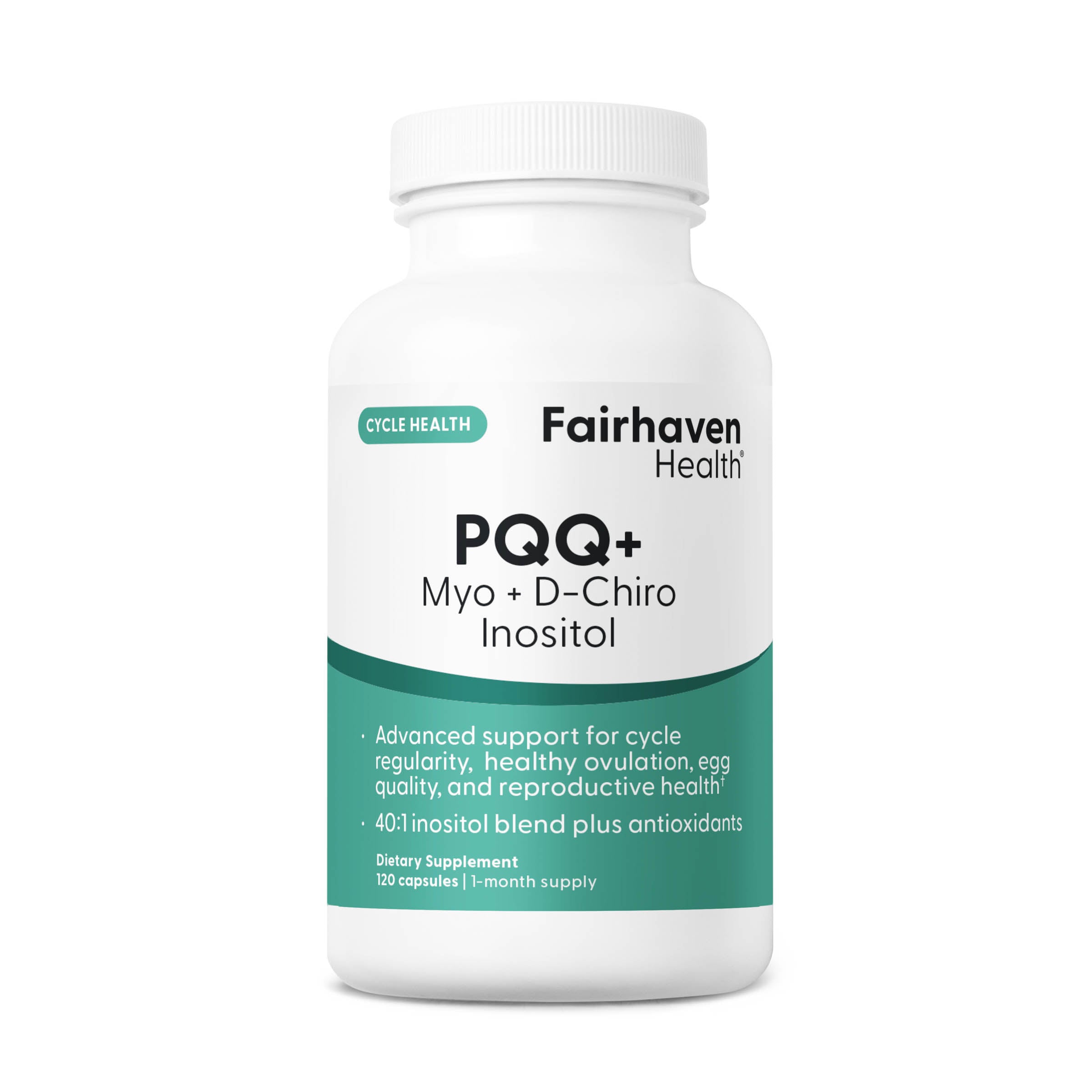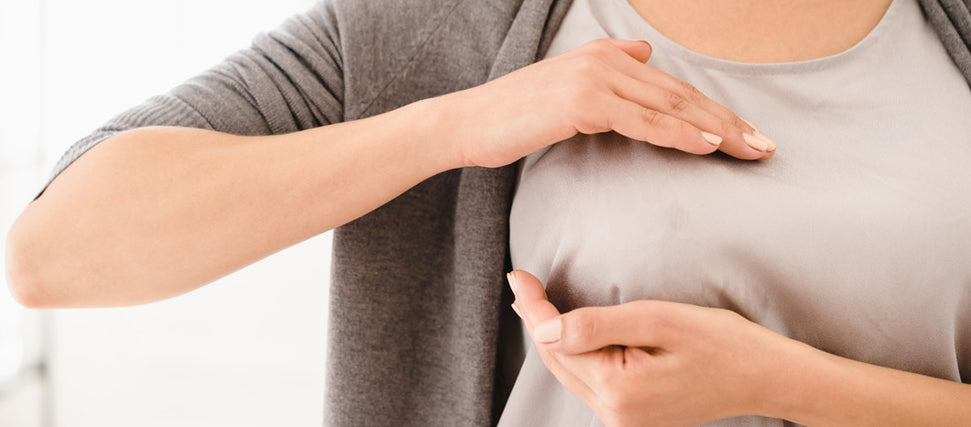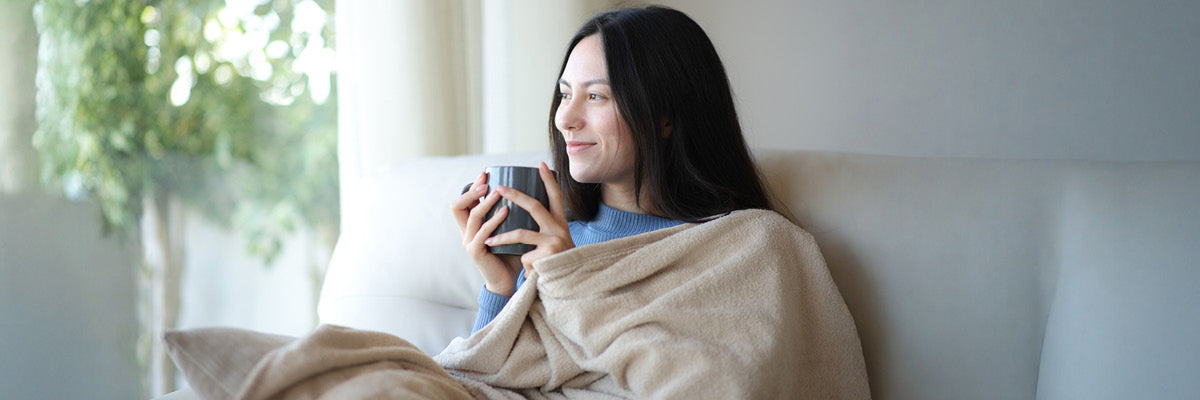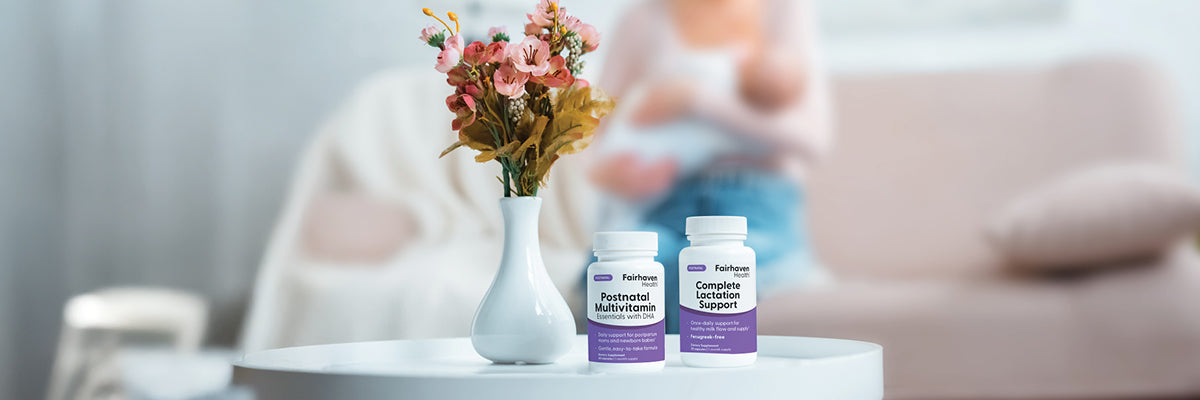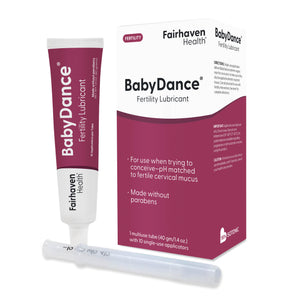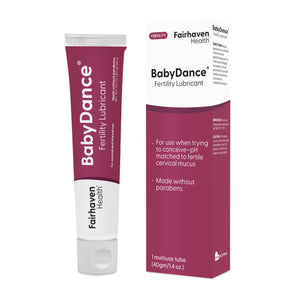 Breast milk is the perfect food to nourish your baby, and there is a long list of the ways breastfeeding benefits your baby's health. It provides the perfect nutrition for a growing human body and brain. Natural components in breast milk cannot be replicated in a lab and with no cost or preparation it is always ready to feed. Breastfed babies suffer fewer illnesses, and have a lower risk of chronic diseases like diabetes and obesity. Researchers know that breastfeeding protects moms, too - by lower their risk of breast cancer. Just like babies, the longer you breastfeed, the more benefit to your health.
Breast milk is the perfect food to nourish your baby, and there is a long list of the ways breastfeeding benefits your baby's health. It provides the perfect nutrition for a growing human body and brain. Natural components in breast milk cannot be replicated in a lab and with no cost or preparation it is always ready to feed. Breastfed babies suffer fewer illnesses, and have a lower risk of chronic diseases like diabetes and obesity. Researchers know that breastfeeding protects moms, too - by lower their risk of breast cancer. Just like babies, the longer you breastfeed, the more benefit to your health.
About 1 in 8 women (~ 12%) in the US will develop invasive breast cancer over the course of her lifetime. Experts estimate in 2016, 246,660 new cases of invasive breast cancer will be diagnosed in the US, along with 61,000 new cases of non-invasive (in situ) breast cancer. Second to skin cancer, breast cancer is the most commonly diagnosed cancer among American women and only lung cancer is more lethal. In 2015, it's estimated that just under 30% of newly diagnosed cancers in women will be breast cancers.
Recently published research showed the longer moms breastfed, the less likely they were to develop a highly aggressive form of breast cancer. Hormone-receptor-negative (HRN) cancers are usually diagnosed in women under 50 and have fewer treatment options, making them especially dangerous. Women that have breastfed have a 20% lower risk of developing an HRN tumor. The greatest protection was found in mothers that breastfed longer than 2 years in their lifetime.
Another study showed mothers that breastfed had a 30% lower risk of cancer recurrence after treatment for the most common type of breast cancer, estrogen-receptor-positive (ER+). In addition to a lower recurrence rate, women with a history of breastfeeding were 28% more likely to survive their cancer and go on to live a normal lifespan.
These are big benefits, the positive effects of breastfeeding means thousands more women will survive breast cancer to care for their children and watch them grow. Researchers are learning more about the many ways breastfeeding protects us from breast cancer, reinforcing the idea that the function of breasts is to make milk to nourish our young.
Taking a deeper look, scientists are finding out how breastfeeding works in our bodies to lower our breast cancer risk. The first protective benefit of breastfeeding is related to the break from menstruation that occurs during pregnancy and breastfeeding. During a normal menstrual cycle, ovaries release the hormone estrogen. During puberty, estrogen helps our bodies reach sexual maturity and sends the signal to cells on your chest to develop into breasts. In adulthood, estrogen helps our heart and bones stay strong and healthy, but can also promote the growth of ER+ cancer. The disruption of your menstrual cycle from pregnancy and breastfeeding results in less cumulative exposure to estrogen, resulting in a lower risk of developing and ER+ tumor.
The second way breastfeeding protects us from breast cancer is by giving our cells a job to do. The action of transitioning from a just a 'breast' to a 'lactating breast' causes your cells to mature and change into a more solid, less changeable state. These mature cells are firmly on the normal track and less likely to mutate and become cancerous. The result is fewer tumors, or if a tumor does occur it typically grows slowly and responds well to treatment.
The fact that breastfeeding protects moms from deadly cancers can be interpreted as further protecting our young - this time from the difficulties of navigating the world without a mother. As scientists search for ways to make people healthier and live longer, more evidence emerges about our own body's amazing natural ability to achieve a healthy balance if we allow it to. Breastfeeding continues to prove itself to be a powerhouse of health promotion and disease suppression for both mother and child.
Other Breastfeeding Articles:
- Kicking the Can - How to Wean off Formula
- I don’t know where to look! Men and public breastfeeding
- Breastfeeding Lowers Breast Cancer Risk. But How?
- Vaginal Delivery, Breastfeeding, and Your Baby's Microbiome
- Back to Work and Breastfeeding - You Can Do It!
- Baby Led Weaning
- Breastfeeding as Emergency Preparedness
- Milk Banking
- Soapy, sour or metallic tasting breast milk? Lipase may be the cause
- More is better: Skin-to-skin Immediately After Delivery and at Home
- Medications and Breastfeeding
- Benefits of Breastfeeding for Mom and Baby
